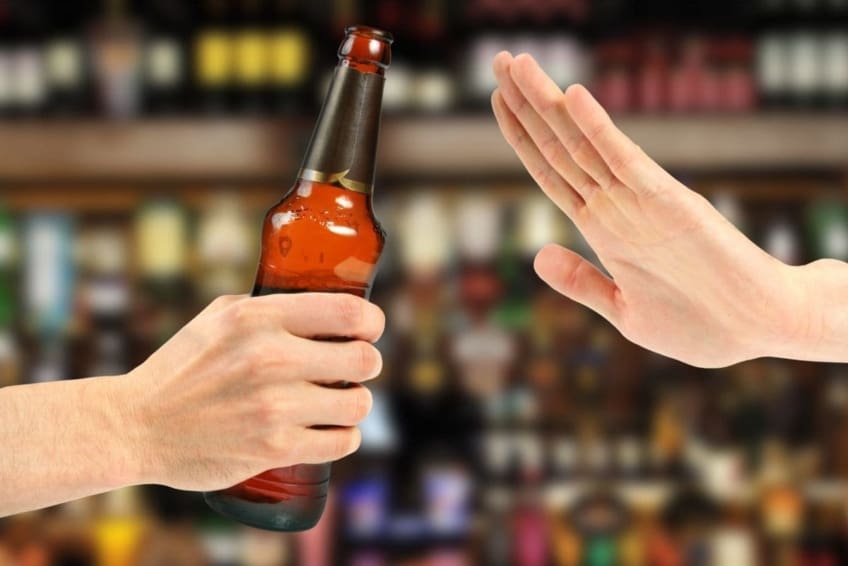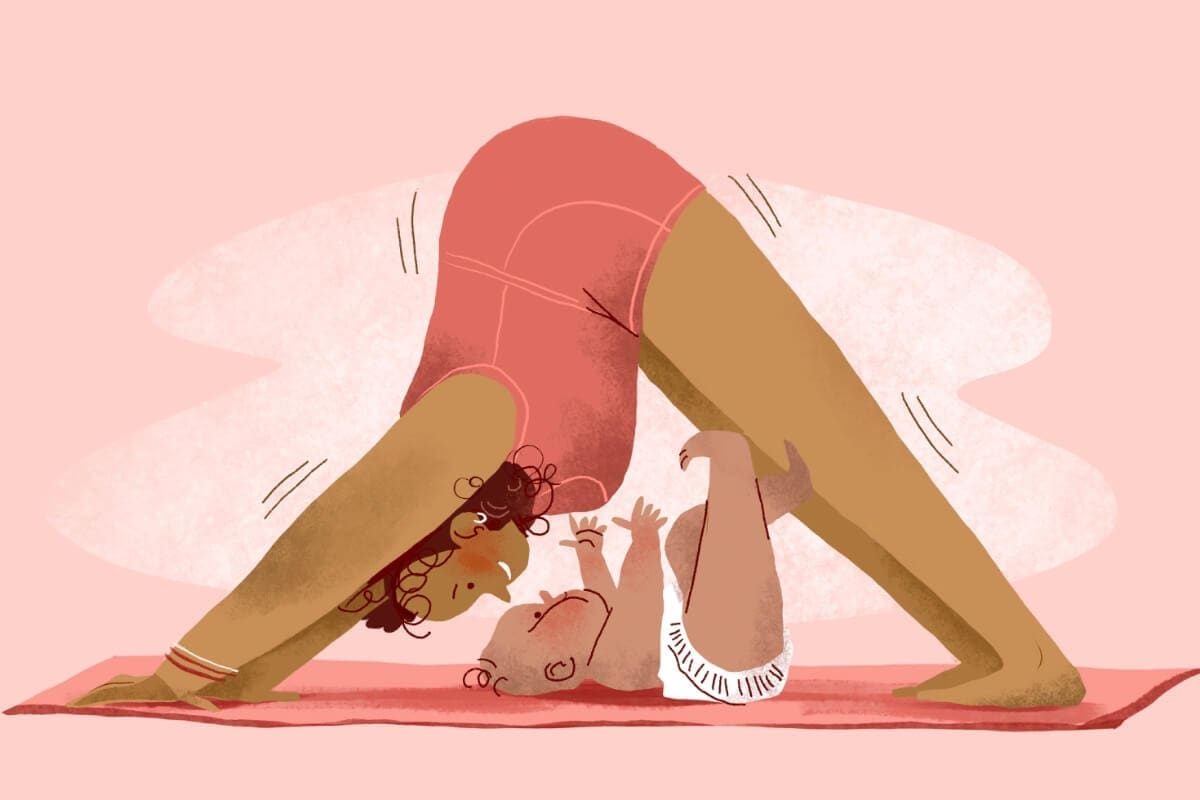
Naltrexone is a medicine used to treat alcoholism (addiction to alcohol). It reduces your desire for alcohol. It comes under the brand names ReVia or Vivitrol. After you quit drinking, naltrexone may help you stay sober for a long time. This medicine is not a complete cure for alcoholism. But it can help you stop drinking while you get any other treatments that your doctor recommends.
Alcoholism is a chronic disease. That means that it lasts for a long time, or it causes problems again and again. The main treatment for alcoholism is to stop drinking alcohol. This can be difficult. Most people who are alcoholics still feel a strong desire for alcohol even after they stop drinking. Naltrexone can help.
Path to improved health
How does naltrexone work?
When you use alcohol and narcotics, parts of your brain make you feel pleasure and intoxication. Naltrexone blocks these parts of the brain. When these areas are blocked, you feel less need to drink alcohol. You don’t feel the “high” pleasure sensation that makes you want to drink. This helps you stop drinking more easily. Disulfiram (brand name Antabuse) is another medicine that is sometimes used to treat alcoholism. Disulfiram works by making you feel sick if you drink alcohol. Naltrexone does not make you feel sick if you drink alcohol while taking it.
How long will I take naltrexone?
You and your doctor will decide how long you should take naltrexone. Most people take the medicine for 12 weeks or more. Researchers have found that taking it for longer than 3 months is the most effective treatment. Be sure to take naltrexone as your doctor prescribes it. Don’t take extra pills, don’t skip pills, and don’t stop taking the pills until you talk to your doctor.
For those who don’t want to take a pill every day, naltrexone is also available in a shot. You get the shot once a month. It has the same effect as the pill form.
Will I need other treatments for alcoholism?
Like many other diseases, alcoholism affects you physically and mentally. Both your body and your mind have to be treated. In addition to medicine, your doctor may recommend psychosocial treatments. These treatments can help you change your behavior and cope with your problems without using alcohol. Examples of psychosocial treatments include:
- Alcoholics Anonymous or other support group meetings
- Counseling
- Family therapy
- Group therapy
- Addiction treatment program
- Hospital treatment
There may be special centers in your area that offer this kind of treatment. Your doctor can refer you to the psychosocial treatment that is right for you.
Things to consider
Like any medicine, naltrexone can cause side effects. Nausea is the most common one. Other side effects include:
- Headache
- Diarrhea
- Constipation
- Dizziness
- Nervousness
- Insomnia
- Drowsiness
- Anxiety
If you get any of these side effects, tell your doctor. They may change your treatment or suggest ways you can deal with the side effects.
Call your doctor immediately if you experience any of the following symptoms:
- Blurry vision
- Confusion
- Hallucinations (hearing or seeing things that aren’t there)
- Severe vomiting or diarrhea
- Vomiting up blood
- Excessive fatigue
- Bleeding or bruising
- Loss of appetite
- Pain in the upper right part of your stomach that lasts more than a few days
- Light-colored bowel movements
- Dark urine
- Yellowing of the skin or eyes
Talk to your doctor if you have a history of depression. Naltrexone may cause liver damage when taken in large doses. Tell your doctor if you have had hepatitis or liver disease.
What should I know before starting treatment with naltrexone?
Naltrexone blocks the brain areas where narcotics and alcohol work. So, you should be careful not to take any narcotics while you are taking naltrexone. These include codeine, morphine, or heroin. Do not take any cough medicine with codeine in it while you are taking naltrexone. Naltrexone can cause or worsen withdrawal symptoms in people who take narcotics. You must stop taking all narcotics 7 to 10 days before you start taking naltrexone.
You shouldn’t take naltrexone if you’re pregnant. Talk about birth control options with your doctor. It’s not known if naltrexone goes into breast milk. Do not breastfeed while you’re taking it.
Questions to ask your doctor
- I want to stop drinking. Is naltrexone a good option for me?
- What side effects can I expect?
- Can I still drink alcohol when I’m taking it?
- Will I still get drunk if I drink alcohol while I’m taking it?
- What happens if I take street drugs while I’m taking it?
Resources
![]()
Copyright © American Academy of Family Physicians
This information provides a general overview and may not apply to everyone. Talk to your family doctor to find out if this information applies to you and to get more information on this subject.










